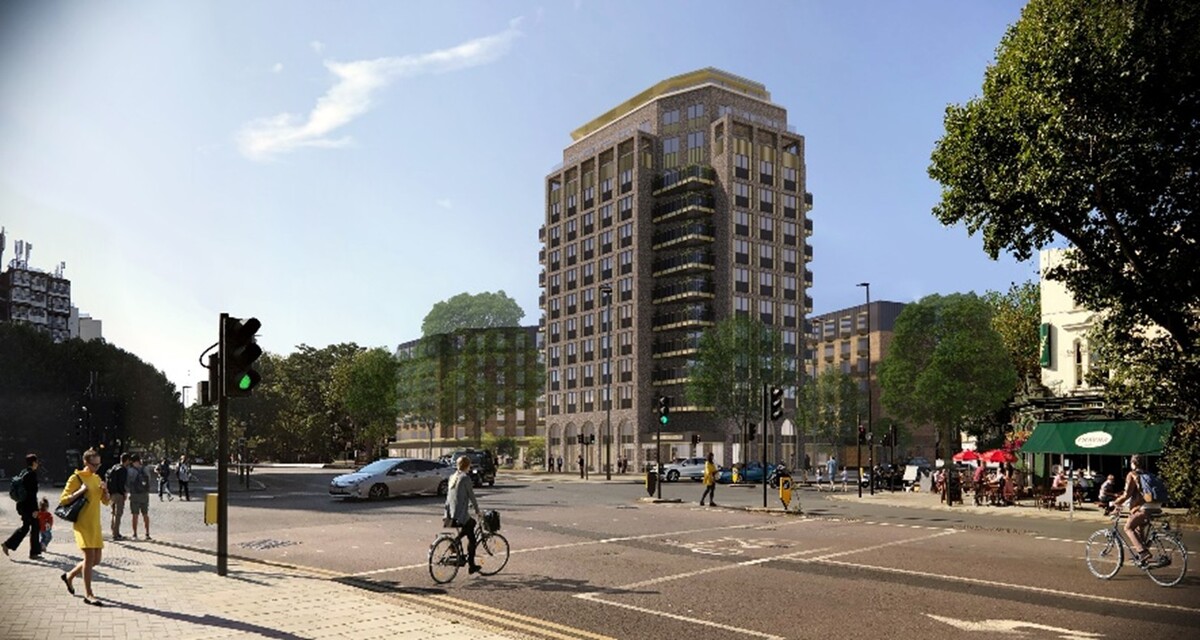Beyond the Mansion: Why Indian High-Net-Worth Individuals are Seeking a Lifestyle Rooted in Sustainability and Values

For decades, the symbol of wealth in India has been synonymous with opulent city living – sprawling mansions, luxury cars, and a relentless pursuit of material possessions. However, a significant shift is underway amongst the country’s high-net-worth individuals (HNWIs). Increasingly, they’re recognizing that true wealth isn't just about accumulating assets; it's about aligning their lifestyle with their values and demonstrating a commitment to sustainability. This convergence of wealth acquisition and lifestyle expression is redefining what it means to be ‘successful’ in India.
In many developed nations, a ‘clean’ and conscious lifestyle – encompassing environmental responsibility, ethical consumption, and a focus on well-being – has been a generational norm. The country estate, the rural retreat, has historically represented arrival, not as a display of extravagance, but as a grounding in nature and a connection to simpler values. This isn’t just about escaping the city; it’s about actively choosing a lifestyle that reflects a deeper understanding of personal and planetary health.
Why is this trend emerging now in India? Several factors are at play. Firstly, heightened awareness of climate change and environmental degradation is impacting all segments of society, including the wealthy. HNWIs are increasingly conscious of their carbon footprint and eager to invest in sustainable practices, both personally and through their businesses. Secondly, there's a growing desire for authenticity and purpose. The relentless pursuit of material possessions often leaves a void, and many HNWIs are seeking fulfillment through meaningful experiences, philanthropy, and a connection to their heritage.
We’re seeing this manifest in several ways. There’s a surge in demand for eco-friendly homes, often located outside urban centres, that incorporate renewable energy sources, water conservation systems, and sustainable building materials. Luxury travel is evolving, with a preference for immersive experiences that support local communities and minimize environmental impact. Philanthropic initiatives focused on environmental conservation, education, and healthcare are gaining prominence.
Furthermore, the rise of 'conscious consumerism' is influencing purchasing decisions. HNWIs are increasingly opting for brands that prioritize ethical sourcing, fair labor practices, and environmental sustainability. They’re investing in businesses that align with their values, even if it means sacrificing some degree of short-term profit.
This isn't to say that city living is becoming obsolete. Urban centres will remain important hubs for business and social life. However, the emphasis is shifting. The new symbol of wealth in India isn't just a grand mansion in the city; it’s a holistic lifestyle that integrates financial success with environmental responsibility, personal well-being, and a commitment to making a positive impact on the world. It’s about building a legacy that extends beyond material possessions – a legacy of sustainability, values, and purpose. The convergence of wealth and lifestyle is not merely a trend; it’s a reflection of a fundamental shift in the Indian mindset – a move towards a more conscious and meaningful existence.






